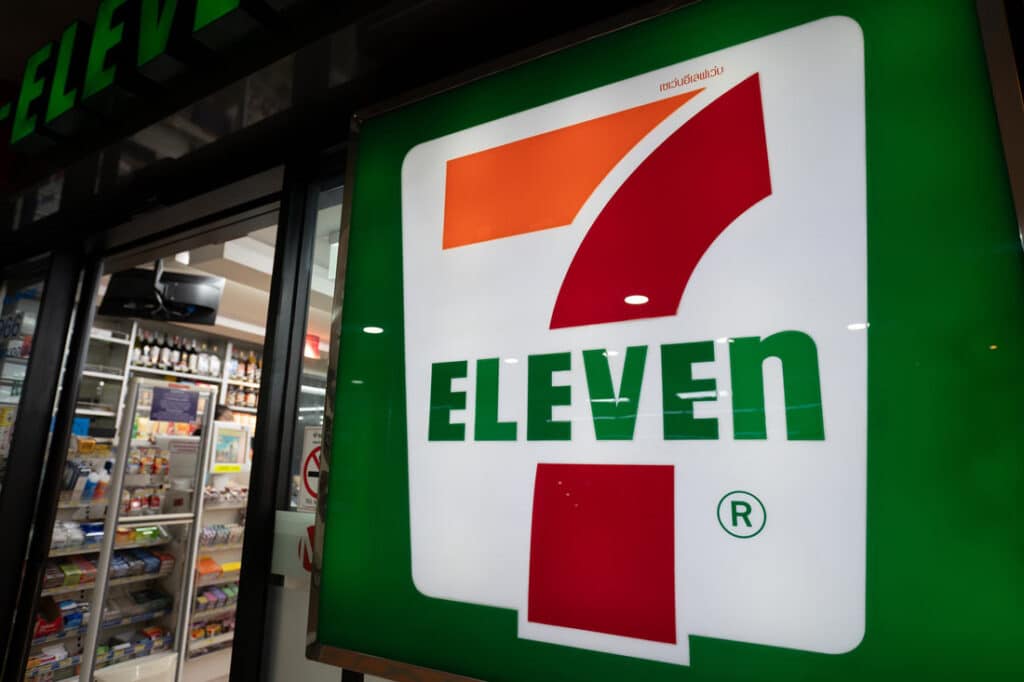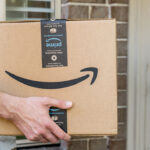Convenience store chain 7-Eleven is planning to close 444 outlets across North America due to a significant rise in underperforming establishments. These closures are a part of a broader growth strategy at 7-Eleven, with the company expected to achieve a $30 million increase in operating income this year as a result, according to Restaurant Business.
In its latest earnings report, Seven & i Holdings, 7-Eleven’s parent company, attributed the chain’s underwhelming performance to inflation and “a more prudent approach to consumption, in particular among middle- and low-income earners.” The report also revealed that consumers are increasingly prioritizing quality, with 69% of respondents indicating a desire for more high-quality options in stores.
Revamping for a new generation: 7-Eleven’s shift from tobacco sales to fresh food
In an effort to counter six months of declining traffic, 7-Eleven will revamp its offerings for a new generation, focusing exclusively on consistently profitable locations where it can confidently innovate.
Also facing a rapidly evolving consumer landscape, 7-Eleven is shifting its strategy to meet the expectations of Gen Z. With McKinsey projecting that by 2030, 75% of shoppers in emerging markets will be aged 15 to 34, the chain is adapting now to secure its place in the future.
7-Eleven’s recent sluggish growth can be attributed to several factors, but a significant hit to the convenience store giant’s revenue has come from the declining popularity of its tobacco products. The chain, which has long relied on tobacco sales as a cornerstone of its business model, is feeling the impact as smoking rates continue to drop. Since 2019, cigarette sales in the U.S. have dropped by 26%, with total packs sold plummeting from 10.3 billion in 2019 to 7.6 billion in 2023. According to Gallup, only about 6% of adults under age 30 reported smoking cigarettes in the past week. At the beginning of the millennium, that number was closer to 35%.

Future-proofing convenience: 7-Eleven’s road map for a changing market
As a result, 7-Eleven is turning its attention away from cigarettes and gas and is fully committed to expanding its food and beverage program—an initiative that first began back in April. Executives view this strategy as central to shaping the chain’s future, seeing it as a key pathway back to financial strength.
“We’re creating signature products and leveraging offers targeting a 17.5% increase in fresh food sales and a 7.7% increase in proprietary beverages versus the prior year,” CEO Joseph DePinto said during a fourth-quarter earnings call earlier this year.
This renewed focus on fresh food could prove pivotal for 7-Eleven. DePinto has noted that locations already participating in the company’s food and beverage modernization program—which features additions in specialty coffee options, in-store baking and enhanced grab-and-go displays—significantly outperformed those that hadn’t yet embraced these changes.
Establishing a sustainable business model for the future
7-Eleven is now positioning itself to become a meaningful touchpoint for consumers in ways it has never explored before, at least in North America. Today’s shoppers demand more than mere convenience; they seek memorable experiences and, at times, the allure of the unexpected. For guidance, 7-Eleven has a proven blueprint: the thriving, food-centric model that has flourished in Japan for decades. 7-Eleven Japan focuses on offering fresh, quality food to entice and appeal to customers.
7-Eleven aims to be viewed as a destination, not a last resort
“We want to create a store where customers are motivated to come because of our offerings of fresh food, original beverages at the counter and private brand items,” Ryuichi Isaka, president and CEO of 7-Eleven’s parent company, told The Japan Times. As with many evolving corporate strategies, today’s consumers are increasingly demanding greater value for their money—and perhaps rightly so.
But 7-Eleven isn’t merely adapting or refining its service offerings. As mentioned above, the convenience store chain is gradually making a future-proof shift toward a more sustainable business model. Retailers like 7-Eleven must go beyond baseless reinvention. A pragmatic, consumer-centric approach is essential—one that resonates with modern consumers and avoids change merely for the sake of novelty. Part of this involves leaning into what has proven effective in the past and what remains relevant moving forward. 7-Eleven needs to evolve into a brand that people actively want to buy food from, rather than one they reluctantly resort to.
Photo by Sorbis/Shutterstock.com











